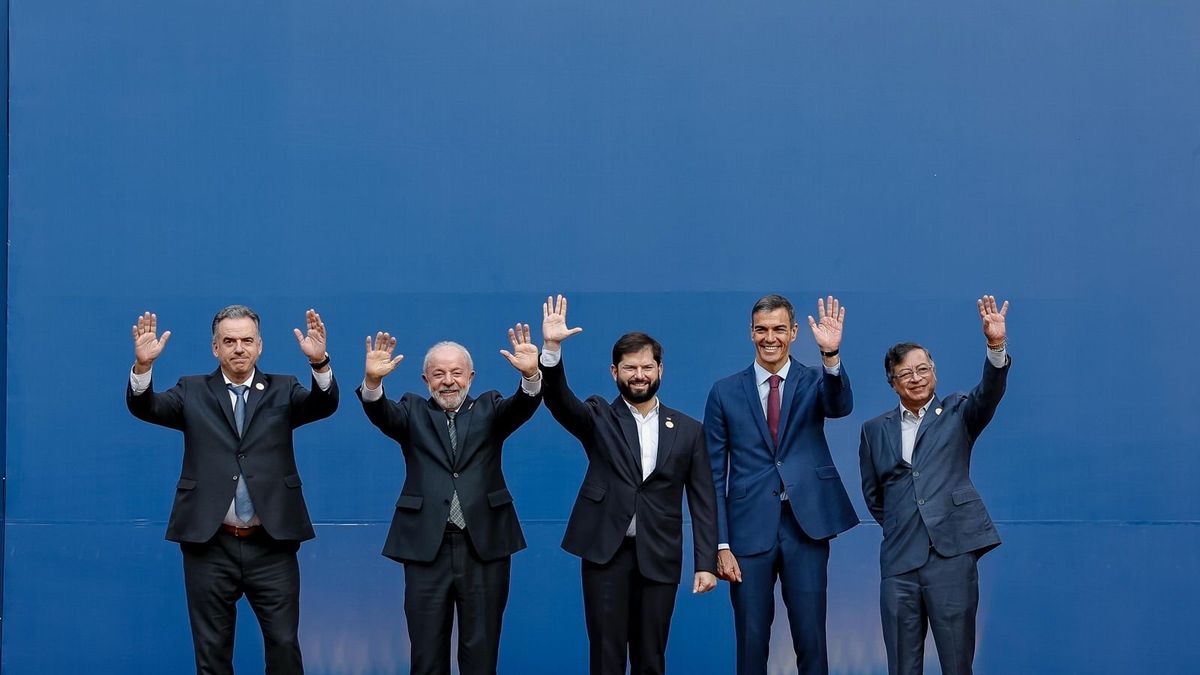According to the BDI, production bottlenecks and material shortages place a greater burden on the production of German manufacturers than in other industrialized countries. The fourth corona wave could exacerbate the problem.
The concerns of German industry, which is suffering from a lack of materials, are growing in view of the rapidly increasing number of corona infections.
“The latest development in international infection increases the risks for industrial production this winter massively,” said Joachim Lang, General Manager of the Federation of German Industries (BDI). “Even without new public corona restrictions, a renewed noticeable reluctance to buy is to be feared. Fortunately, the order books in many industries are still well filled at the moment. “
However, many manufacturers cannot process the well-filled order books as usual due to delivery bottlenecks. This dampens production, as can be seen from the current BDI industry report, which is available to the German Press Agency. According to the latest data from the Federal Statistical Office, industrial production had recently fallen. According to the BDI, it hits hard among other things, the car manufacturers who suffer from a shortage of raw materials and semiconductors.
“We expect production in the manufacturing industry to increase by only four percent in 2021 – half as much as before,” said Lang. In order to reach the level before the Corona crisis, German industry would then have to grow by seven and a half percent in the coming year.
According to the BDI, German industry suffers from a particularly large gap in production compared to the pre-crisis period. The association puts the gap for the two years 2020 and 2021 at a good eleven percent. No other industrialized country would have to cope with such severe losses. France is likely to lose almost eight percent, the US a little more than seven percent, the UK around five and Italy around four percent.
The BDI is more confident about exports, even if exports of goods “Made in Germany” have recently lost momentum. Even if it stagnates until the end of the year, German exports, including price increases (nominal), are likely to rise by twelve percent for the full year 2021 and thus slightly exceed the pre-crisis level of 2019. In the first nine months, goods exports had increased by more than 14 percent compared to the same period in the previous year.
German industry lowered its economic expectations for the current year in September. The association therefore expects economic output to increase by three percent (real) after adjustment for prices for the year as a whole. The BDI had previously assumed an increase of 3.5 percent.
Source From: Stern
Jane Stock is a technology author, who has written for 24 Hours World. She writes about the latest in technology news and trends, and is always on the lookout for new and innovative ways to improve his audience’s experience.




